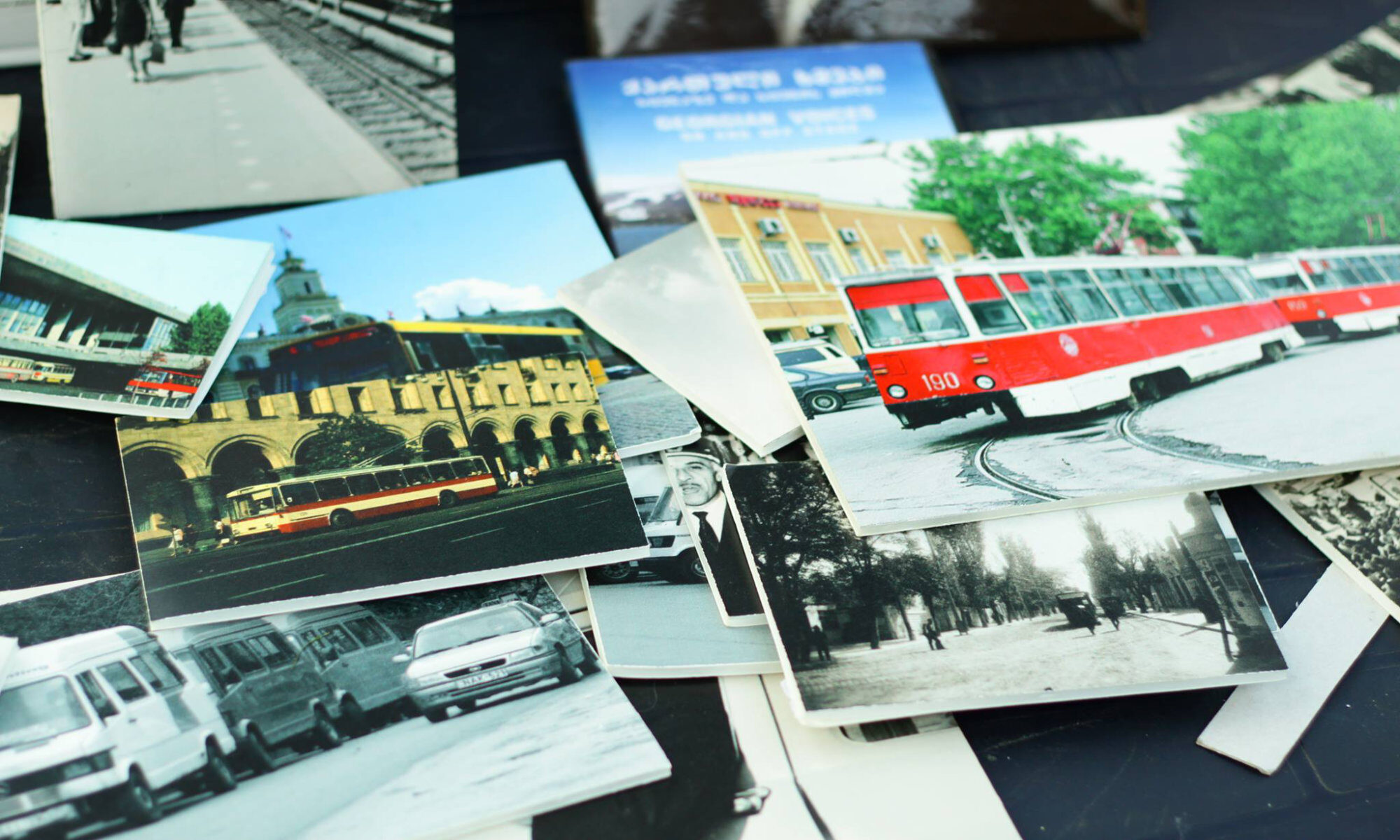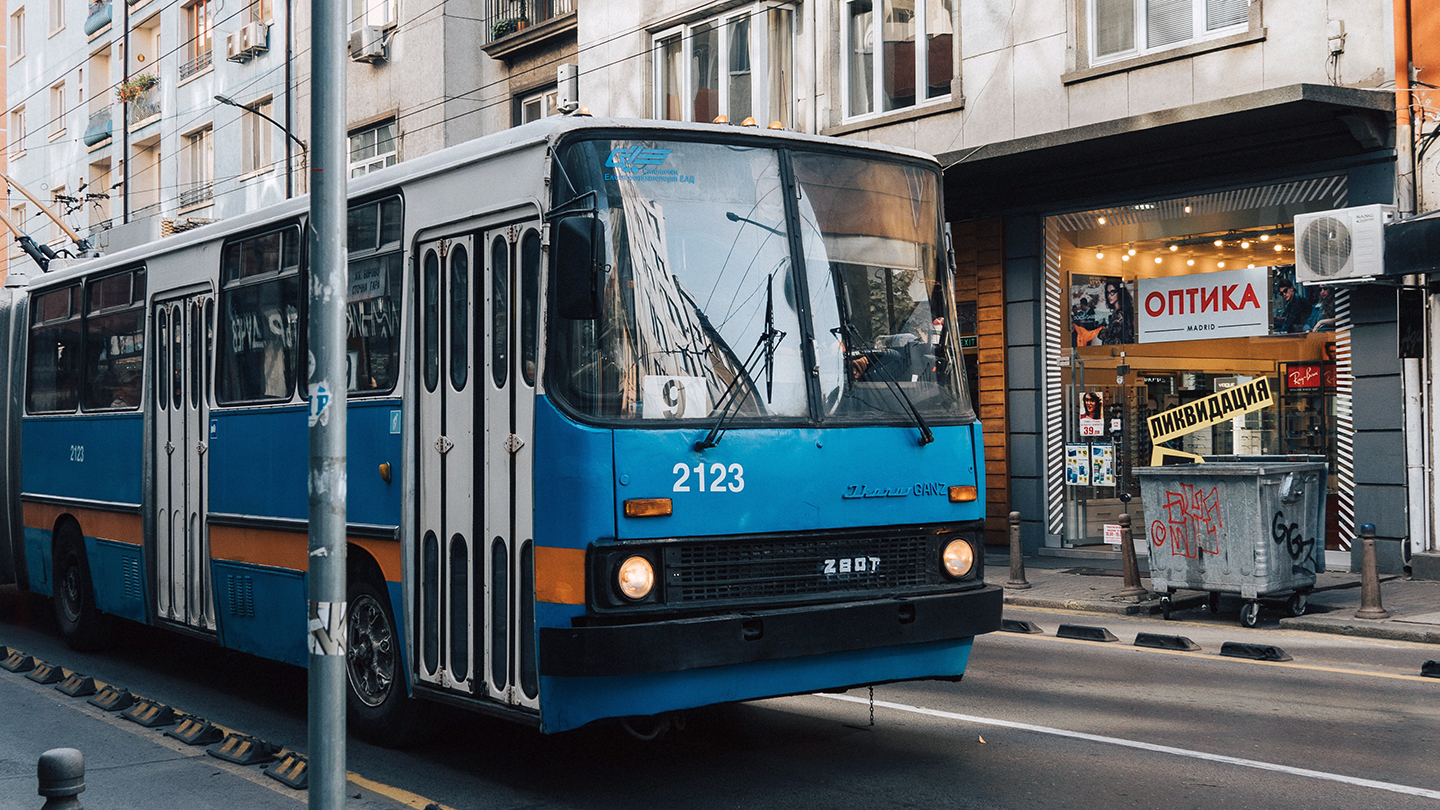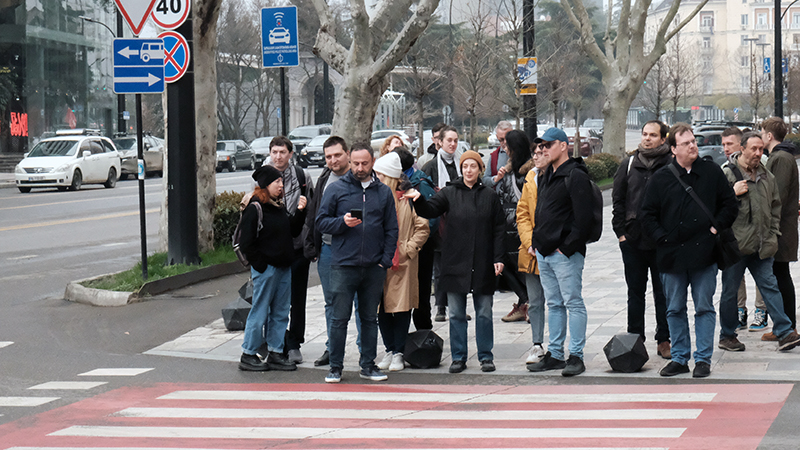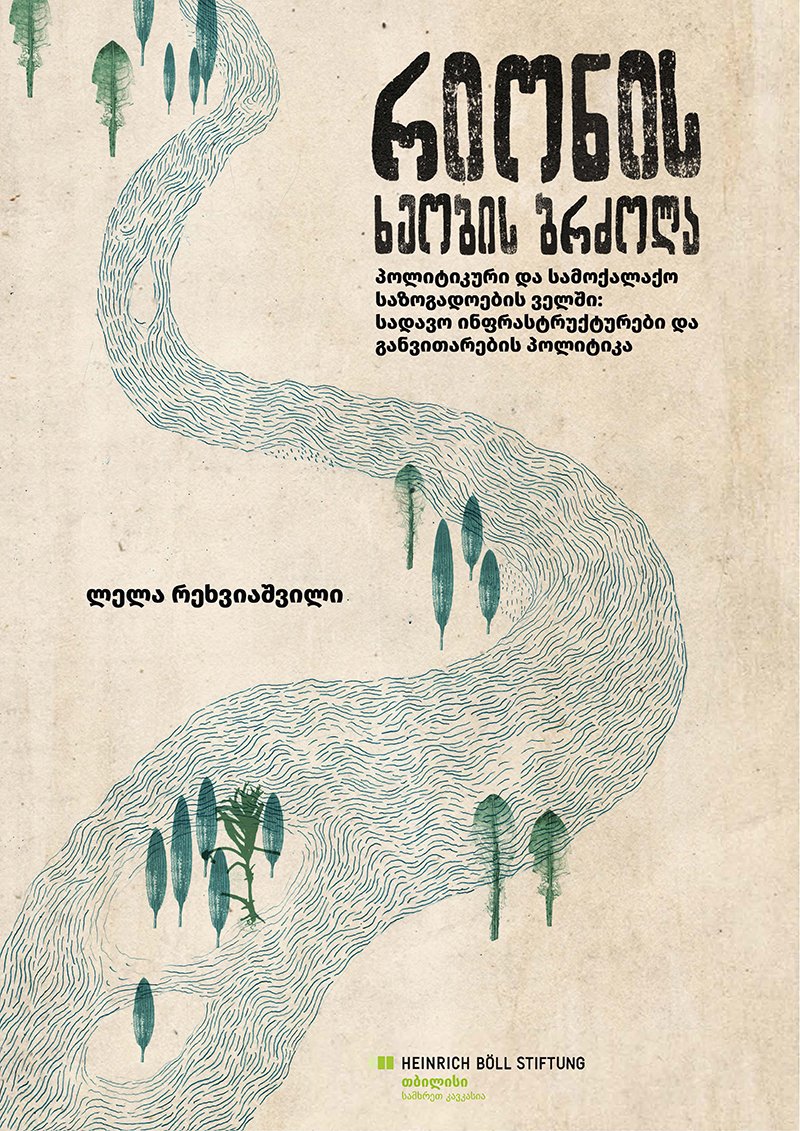The Bulgarian Sociologičeski Problemi Journal recently published their final issue of 2024, with the overarching topic being “From one Language into another”: Social Problems Seen Through the Eyes of Bulgarian Scholars in Foreign Countries (Issue Editors: Raia Apostolova, Neda Deneva). CoMoDe’s own Lyubomir Pozharliev contributed an intriguing article to the edition with the title Decolonial Insights into Public Transport in Sofia: “Eastern” Trolleybuses Vs. “Western” E-Buses.
Abstract: The battery industry, i.e. battery-powered electric cars and buses, has been on the rise for the past decade or so. Several municipalities in Eastern Europe, Central Asia and elsewhere in the world are promoting and advertising their progressiveness by being ready to introduce (or have already introduced) the new battery-electric buses wherever and whenever possible. On the other hand, trolleybus technology is still widespread in post-socialist countries and offers an electric alternative to the battery-powered bus. This paper attempts to address the introduction of the new technology from the per- spective of the older technology – the trolleybus one. Based on interviews with local experts and data from the Bulgarian capital, the paper will explore the potential of the decolonial perspective in addressing public transport developments in a post-socialist, Eastern European context.
The full article in Bulgarian, as part of Issue 2/56 in Sociologičeski Problemi Journal, can be accessed here (no free access).




